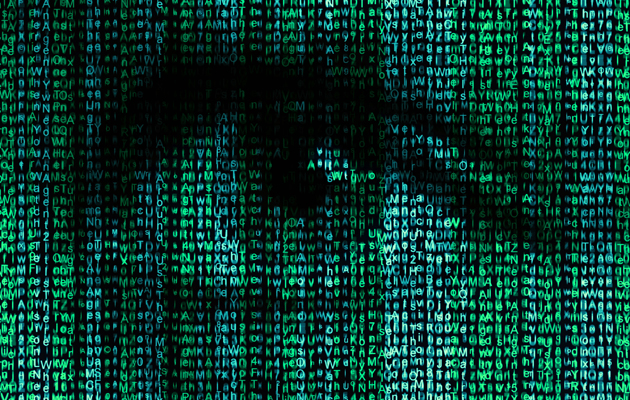The big problem facing legal challenges to the National Security Agency’s surveillance powers has always been standing—the legal requirement that, before you can sue, you must prove you’ve been harmed. The trouble with proving that you’ve been illegally spied on is that who gets spied on is generally secret. In Amnesty International v. Clapper, the Supreme Court court ruled that a collection of journalists and advocates lacked standing to sue the NSA for warrantless wiretapping because they couldn’t prove that they had, in fact, been spied on. In Al-Haramain v. Obama, the Ninth Circuit Court of Appeals ruled that an Islamic charity that had been wiretapped couldn’t challenge the surveillance in court because the documents it had been inadvertently provided that did prove wiretapping were state secrets and thus inadmissible. (The case was remanded back to the lower court, Al-Haramain tried again, and was finally defeated by the Ninth Circuit in 2012.)
But now, thanks to the revelations of NSA whistleblower Edward Snowden, the ACLU thinks it has an in. The leaked documents specifically implicate Verizon Business Network Services, Inc. as providing metadata from phone calls to government databases. The ACLU is a client of Verizon Business Network Services—and the government has already declassified the existence of its program to gather phone data, so it will have trouble claiming that the program is a state secret. On Tuesday, the ACLU filed suit in federal court to “obtain a declaration that Mass Call Tracking is unlawful” and “to enjoin the government from continuing the Mass Call Tracking under the VBNS order.”
Here’s the suit:
















